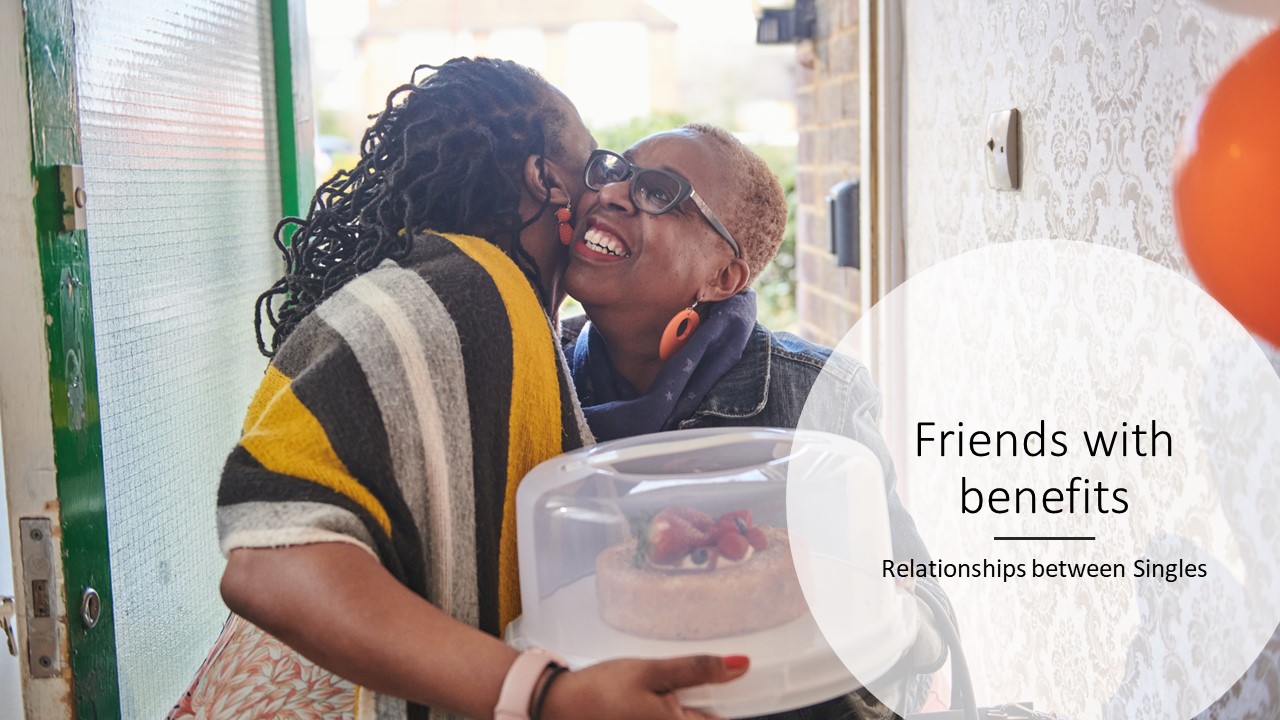Throughout the last couple of centuries, traditional ideals of romantic love have suggested people find their soul mate, marry the loved one, have children, and live happily ever after. The cultural beliefs in love marriages have long shaped people’s dreams of a happy married life and kids.
However, many modern single men and women can also experience joy and be apparently happy in their lives. It turns out that for many, being single doesn’t have to be a bad thing. Marriage may appear to be desirable, but it is not always a necessary condition of well-being and happiness.
Kim Mills, in her recent interview with Geoff MacDonald, a professor at the University of Toronto in Canada, asked:
“Now when you’re studying people who are single, does that mean that they can’t have relationships, that they can’t have intimacy with other people?”
“Speaking of Psychology: Living a happy single life,” Episode 215
In his answer to the question, Geoff MacDonald explained that single men and women have lots of opportunity for relationships and intimacies with their friends and family relationships.
Being single, they still have romantic and sexual connections. Culturally, over the last few decades, social norms of relationships have shifted toward more variety and flexibility. Currently, social norms allow more opportunities for casual relationships and sexual encounters. The line between dating and not dating is blurry. For instance, people can be some kind of “friends with benefits.”
What Is a “Friend with Benefits” Relationship?
What kind of relationship does a “friend with benefits” have?
As Geoff MacDonald comments,
“We know that there are a number of single people who tell us that they’re sexually active. And what we do know is that single people who are higher in sexual satisfaction tend to be happier with singlehood.”
The data, on the other hand, suggests that
“Singles who are happier with their sex lives are also more likely to end up in relationships down the road.”
As Geoff MacDonald further explains, it is possible that
“…being with people in sexual and romantic relationships, it’s not shopping for a product where if you don’t like it you take it back. The human heart works such that relationships are kind of sticky. And even when you are in casual sexual relationships, for example, next thing you know you’re leaving a toothbrush, and next thing you’re leaving a set of pajamas, and next thing you know it’s easier to just move in because you’re already spending three nights a week there.”
So, it is likely that
“even though sexual satisfaction is definitely something that’s associated with happiness in singlehood, that might also indicate somebody who’s on the road to being in a committed romantic relationship.”
Geoff MacDonald, “Speaking of Psychology: Living a happy single life,” Episode 215
How “Progression Bias” Works
“Progression bias” is the tendency of people to make decisions that sustain relationships rather than dissolve them. For example, Samantha Joel and Geoff MacDonald (2021), in their recent study, showed emerging evidence of a progression bias in romantic relationships.
People are biased to make pro-relationship decisions over the course of relationship progression, according to the authors. In other words, they feel predisposed to making choices that favor the initiation, advancement, and maintenance of their romantic relationships.
Progression bias takes place in the contexts of relationship initiation, investment, and breakup decisions.
“getting into a relationship is often easier than getting out of one, and why being in a less desirable relationship is often preferred over being in no relationship at all.”
(Joel & MacDonald, 2021, p. 317).
“Progression bias” occurs in a situation:
“when you get into a casual sexual relationship, and then it’s all of a sudden you find yourself more and more committed.”
Geoff MacDonald provides a couple of reasons why this “progression bias” can occur in the course of relationships. One of these is the evolutionary explanation.
In the cases of such relationship development, the mere exposure effect can be another psychological mechanism at work, supporting the progression bias.
